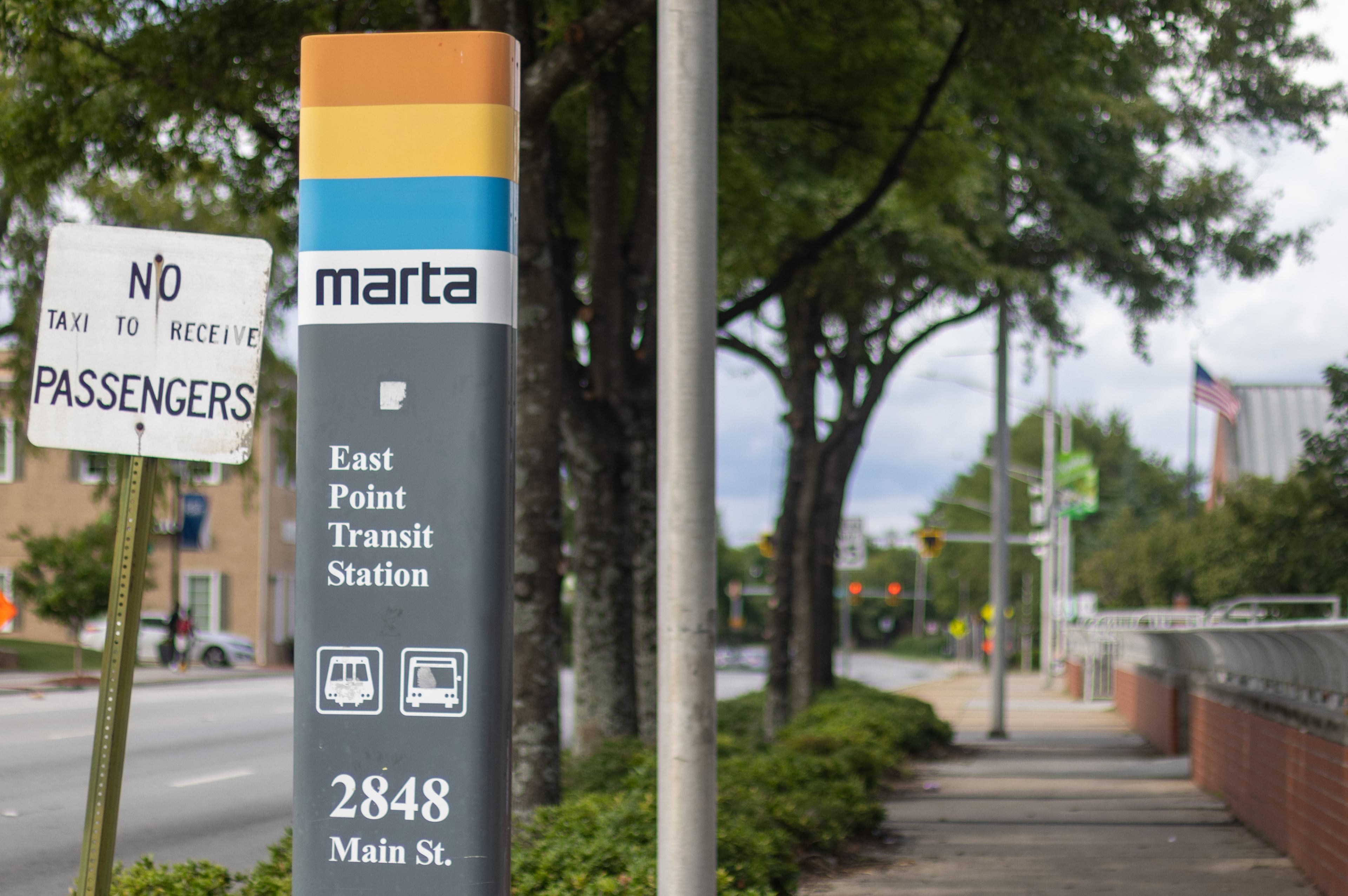DeKalb, notorious for sewer spills, awarded for preventing sewer spills

Millions of gallons of sewage flowing into local waterways didn’t stop DeKalb County from winning an award for preventing sewer spills.
Even DeKalb County CEO Michael Thurmond admitted the news might seem unusual.
The county received the 2019 FOG Program of the Year award from the Southeastern FOG Alliance, a not-for-profit organization that works to reduce harmful sewer spills, according to a news release Monday. "FOG" stands for "fats, oils and grease," all nasty things that can clog up drains and water lines, leading to sewer spills. DeKalb received the award for its "No FOG, No Clog" educational program, which educates residents and students on the importance of keeping harmful substances out of the sewer system.
“This contradicts or at least creates a different narrative for our county,” Thurmond said in an interview Wednesday. “That’s why it’s news. DeKalb has had its very problematic history.” Thurmond said that was a result of “decades of neglect and mismanagement.”

Progress has been made over the last several years. DeKalb still saw 5.27 million gallons of sewage spill in 2019, the county said, a slight decrease from 2018's 5.66 million gallons. It's a huge drop from 2017, when DeKalb overflows totaled about 14 million gallons.
Sewer spills in DeKalb remain fairly common after periods of intense rain. But about 40 percent of the sewage overflows are caused by FOG blockages. As recently as Tuesday afternoon, a manhole spilled about 11,750 gallons of sewage into Indian Creek in the Stone Mountain area due to a grease blockage.
Thurmond is quick to acknowledge there is more work to be done. The county’s 2019-2020 fiscal year budget includes $105 million for sewer fixes aimed at repairing and replacing pipes across the county. That follows a 2018 ordinance instituting new regulations for apartments buildings with 75 or more units, aimed at preventing sticky FOG spills. DeKalb is still seeking to be in compliance with an agreement reached in 2010 with federal and state agencies, but Thurmond said last year that the county would not be able to meet the 2020 deadline.
DeKalb Commissioner Nancy Jester joked that she would include the news of the recent award in her newsletter, but "we're going to file that under 'irony.'" Jester has been critical of the county's response to sewer issues over the last decade, but said she was encouraged by the number of infrastructure improvement projects in 2019.
“This problem isn’t going to go away. … I just want to keep this matter in front of the public,” she said. “I do think it was ironic that we got (the award), but let’s leverage it for the betterment of the sewer system.”
As part of its “No FOG, No Clog” campaign, the county partnered with the Georgia Piedmont Technical College and the DeKalb County School District to teach students about preventing grease blockages. DeKalb also made informational brochures in both English and Spanish.
The Southeastern FOG Alliance is not the only organization to recognize the county's efforts in recent weeks. The Georgia Association of Water Professionals recently did an audit of DeKalb's watershed management department and gave it a score of 100%. The audit evaluated the management of DeKalb watershed as well as plans and procedures it has in place for daily operations and maintenance.
Follow DeKalb County News on Facebook and Twitter
Wouldn’t you like to support our strong journalism? Your subscription helps us cover your communities in a way that no one else can. Visit https://subscribe.ajc.com/hyperlocal or call 404-526-7988 to begin or renew your subscription.
SEWER SPILLS IN DEKALB:
2017: 14 million gallons of sewage spilled in DeKalb County.
2018: The total volume of sewer spills was 5.66 million gallons.
2019: The amount of sewage spills dropped slightly, to 5.27 million gallons.



